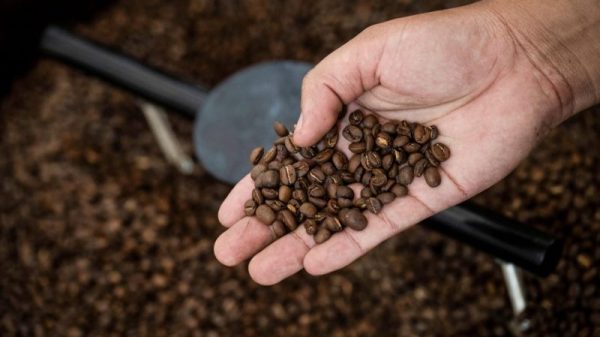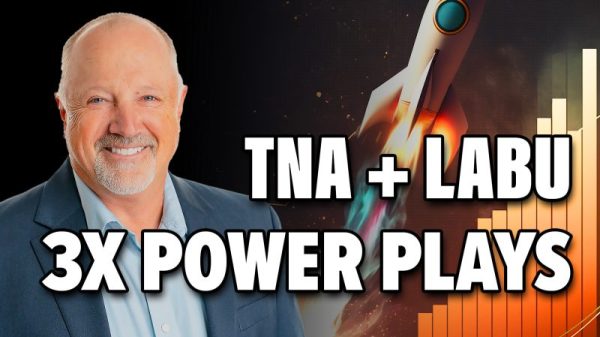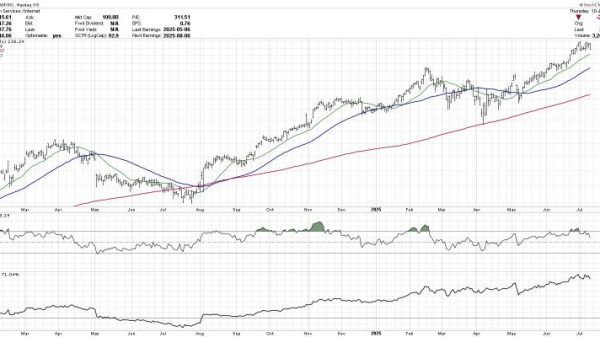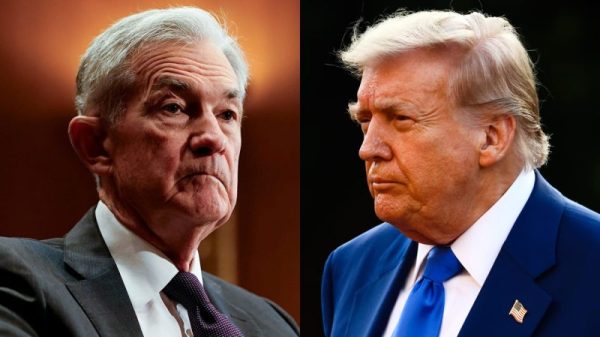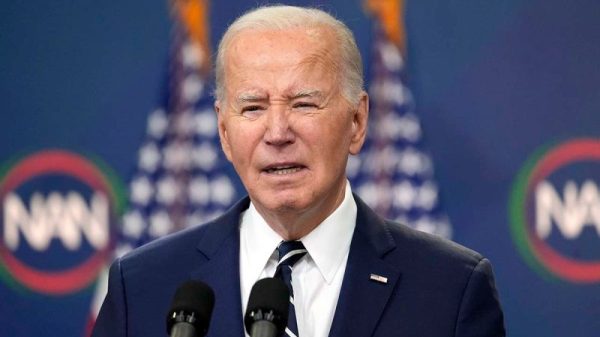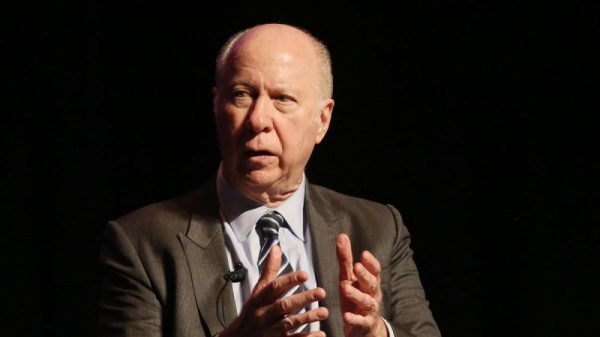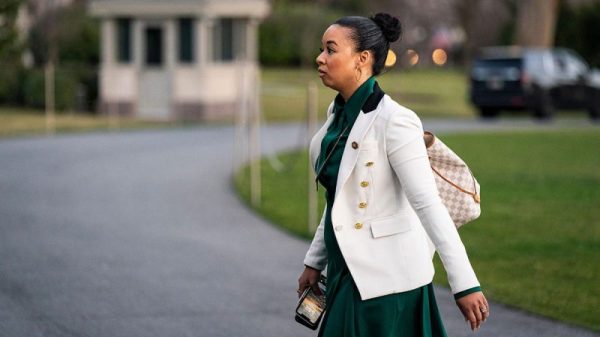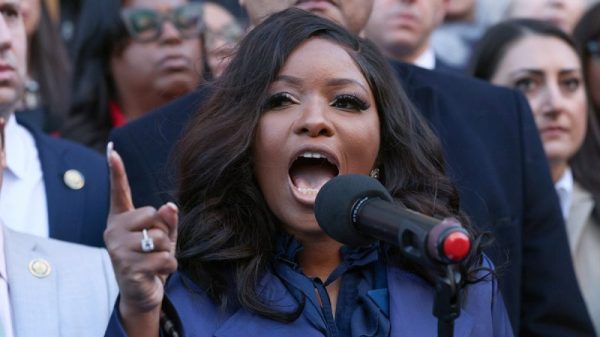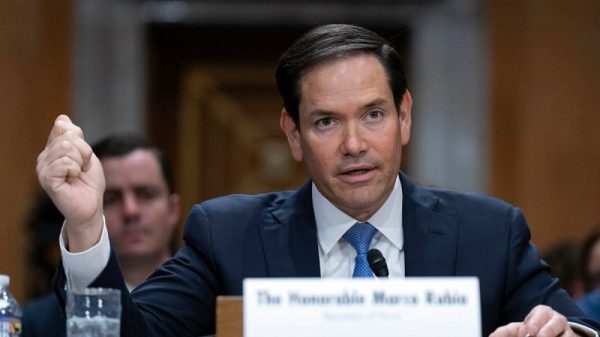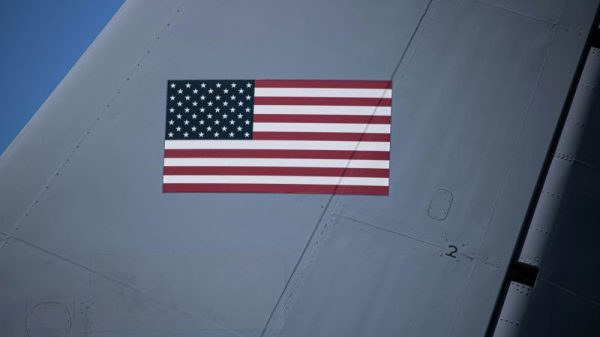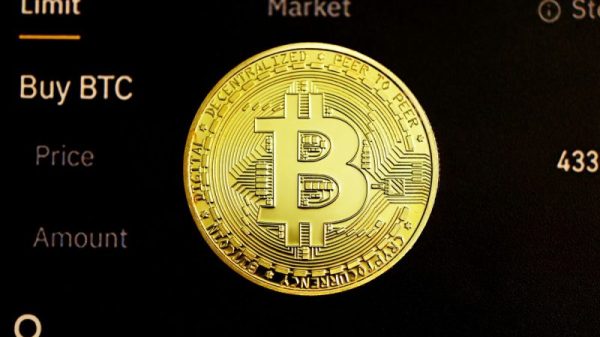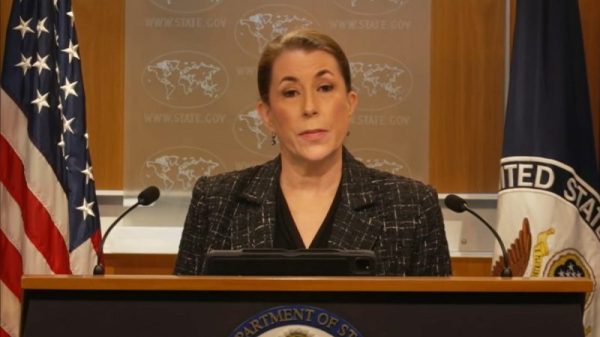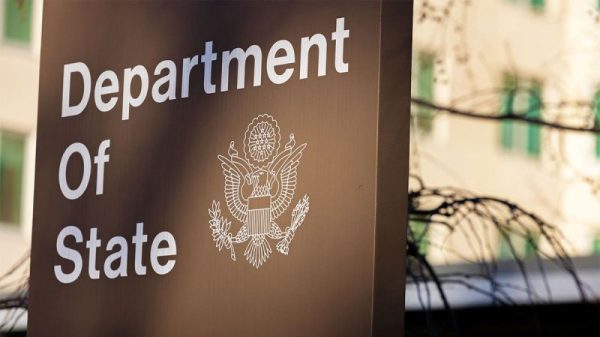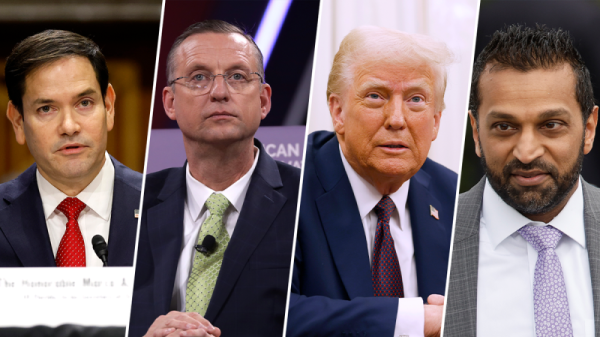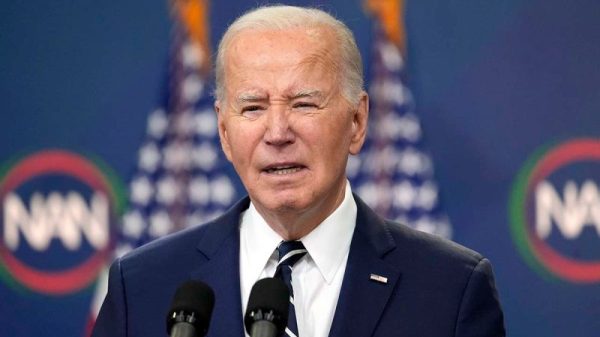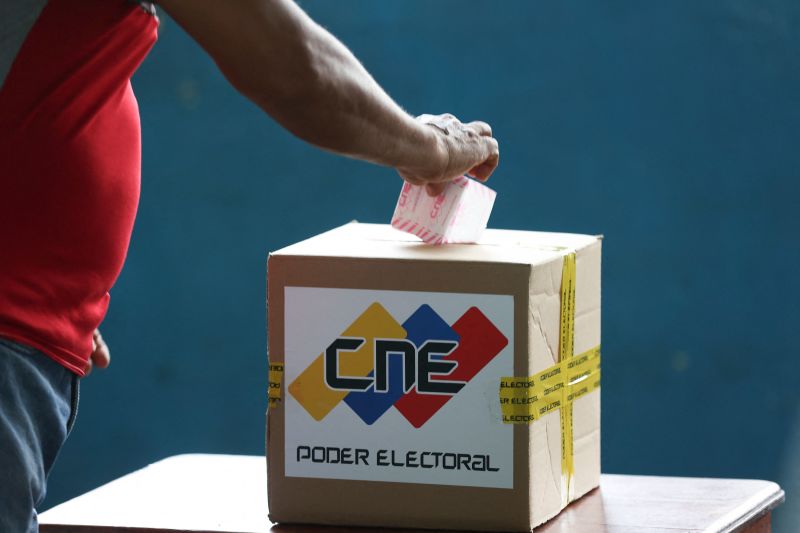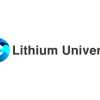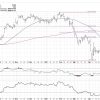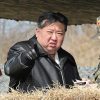Venezuelans on Sunday for the first time elected a governor and other lawmakers for Essequibo, an oil-rich region that Venezuela has laid claim to even though it is widely recognized as being part of neighboring Guyana.
Essequibo’s 125,000 inhabitants, who account for more than 15% of the English-speaking country’s population, did not take part in Sunday’s election.
The vote, which was widely criticized by Guyanese officials, instead saw Venezuelans pick a new governor, six deputies to the National Assembly of Venezuela, and seven to a regional legislative assembly. It is unclear how the officials, once elected, plan on running the territory, which Guyana governs.
The election is the latest provocation in a long-running territory dispute between Venezuela and Guyana.
It comes more than a year after Venezuelan President Nicolás Maduro ordered the creation of a new state within the territory, which is roughly the size of Florida, called “Guayana Esequiba,” following a referendum that saw Venezuelan voters approving the move.
Guyana had called Venezuela’s actions a step towards annexation and an “existential” threat as the specter of armed conflict loomed over the region.
Maduro first announced in January that a vote would be held for the region as part of a larger election for governors and lawmakers across the country. “I call for freedom of conscience for the people and for the people to elect the best for the governorships of the 24 states,” Maduro said on Telegram ahead of Sunday’s election, referring to Essequibo as the nation’s 24th state.
The vote has put Guyana on high alert, with its President Irfaan Ali on Saturday calling the poll “scandalous, false, propagandistic (and) opportunistic.”
Guyana is home to vast oil reserves and is on track to become the world’s highest per capita oil producer. It, however, has an army estimated to be less than 5,000 soldiers, and lacks the hardware or manpower to face possible Venezuelan aggression.
The country in the meantime has sought closer military cooperation with the United States amid the threats from Venezuela.
On Sunday, the US State Department’s Bureau of Western Hemisphere Affairs called the election a “sham” on X. “The United States rejects all attempts by Nicolas Maduro and his illegitimate regime to undermine Guyana’s territorial integrity, including this latest sham election in the Essequibo region,” it wrote.
Venezuelan Defense Minister Vladimir Padrino López pushed back against the criticism on Sunday, saying, “We are supported by historical, legal, and moral grounds regarding that territory.”
Decades-long claim
Venezuela has claimed Essequibo as its own for decades, arguing that it was within its borders during the Spanish colonial period. It has dismissed an 1899 ruling by international arbitrators that set the current boundaries when Guyana was still a British colony.
Guyana has controlled the region since gaining independence in 1966. The recent discovery of vast offshore oil fields in the area has heightened the stakes in the dispute.
In 2018, Guyana filed an application with the International Court of Justice to try to validate the 1899 decision. The case is still under review. Pending a final decision, the court ordered earlier this month that Venezuela refrain from holding elections in the territory. But Caracas has rejected the court’s jurisdiction over the matter.
On Saturday, the night before Venezuela’s election and two days ahead of Guyana’s Independence Day, Guyanese officials held a National Patriotic Concert in Essequibo to affirm their sovereignty over the land.
The event drew thousands of people who were seen waving the Guyanese flag and wearing shirts that read: “Essequibo is Guyana’s.”
“Essequibo belongs to Guyana and we are going to do everything to ensure that Essequibo will forever be part of our 83,000 square miles,” President Ali told crowds of cheering supporters.






